
Mali Imposes $10,000 Bond on U.S. Visitors as Burkina Faso Rejects Deportee Deal
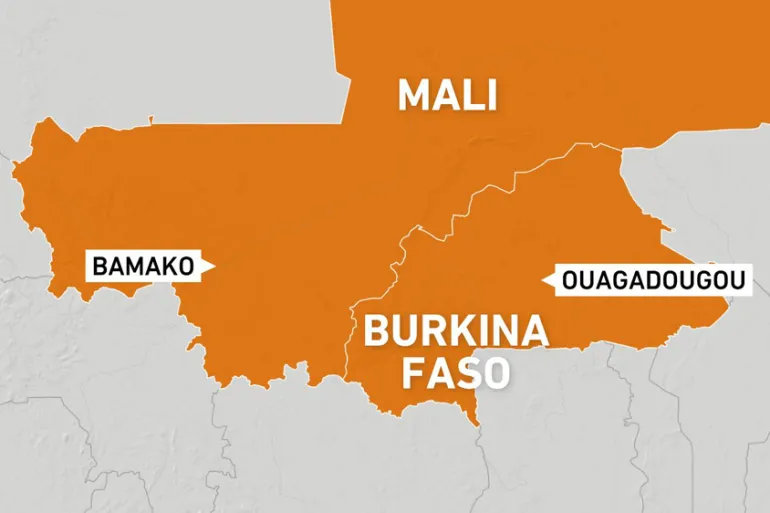
The Malian government has announced that American citizens will now be required to post a bond of $10,000 before obtaining a visa to enter the country, a move that adds to a growing wave of defiance across the Sahel against U.S. immigration and diplomatic pressure.
The new policy, confirmed by Malian authorities this week, demands that the bond be held until the visitor’s departure as a “guarantee of compliance” with visa terms. It comes amid rising diplomatic friction between Bamako and Washington, and just days after neighbouring Burkina Faso rejected a U.S. proposal to receive deported African migrants, saying it “will not be a land of deportation.”
Analysts say the two developments reflect a broader shift among the member states of the Alliance of Sahel States (AES), Mali, Burkina Faso, and Niger, who have sought to redefine their foreign relations and assert stronger control over external agreements.
In Bamako, officials defended the new bond as a matter of reciprocity and sovereignty, describing it as part of an ongoing reassessment of “partnership terms” with Western nations. The United States has not yet issued an official response, but State Department officials told reporters they were “reviewing” the decision and its potential implications for travel and consular services.
The move comes at a sensitive moment in U.S.–Sahel relations. Washington recently suspended visa services in Ouagadougou following Burkina Faso’s refusal to sign a deportation accord linked to the U.S. administration’s stricter immigration stance. The Trump administration has also pushed several African governments to accept deported nationals as part of a broader crackdown on undocumented migrants.
For Bamako and Ouagadougou, however, such measures appear to have deepened resistance rather than cooperation. Both governments, increasingly aligned under the AES framework, have framed these policies as an affront to national dignity and sovereignty.
While it remains unclear how strictly the $10,000 bond will be implemented, the message from the Sahel capitals is unmistakable: the era of unequal diplomatic arrangements, they say, is coming to an end.
Read: Burkina Faso’s Katanga Leads 2025 AMAA Race, Nigeria’s Lisabi Among Top Contenders
About The Author
%s Comment
Leave a Reply Cancel reply
Related Articles
Ghana Shares Gold Mining Model With Tanzania
Ghana has taken a leading role in shaping Africa’s future approach to...
ByWest Africa WeeklyJanuary 23, 2026Ghana to Begin Construction of Nation’s Tallest Bridge With Japanese Support
Ghana is preparing to begin construction on what will become the country’s...
ByWest Africa WeeklyJanuary 23, 2026Senegal Coach Defends AFCON Walk-Off as CAF Considers Sanctions
Senegal’s head coach, Pape Bouna Thiaw, has publicly defended the controversial decision...
ByWest Africa WeeklyJanuary 23, 2026Trump’s Greenland Threat Forces Europe to Taste the Logic of Western Colonial Power
It rarely begins with soldiers. More often, it begins with a sentence,...
ByWest Africa WeeklyJanuary 21, 2026





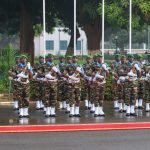



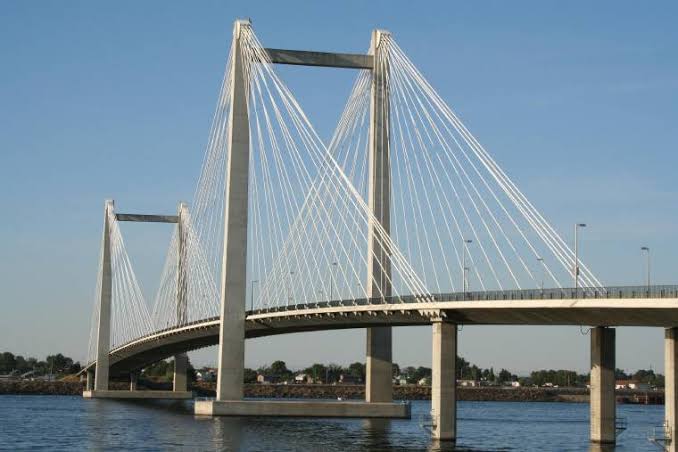
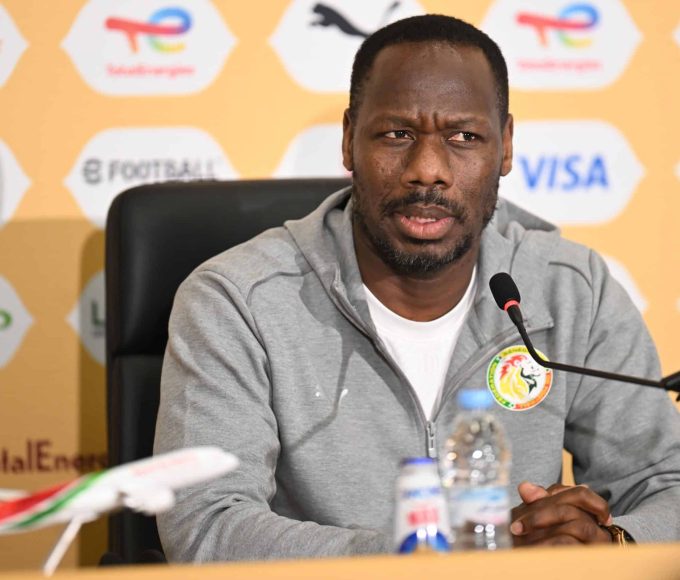
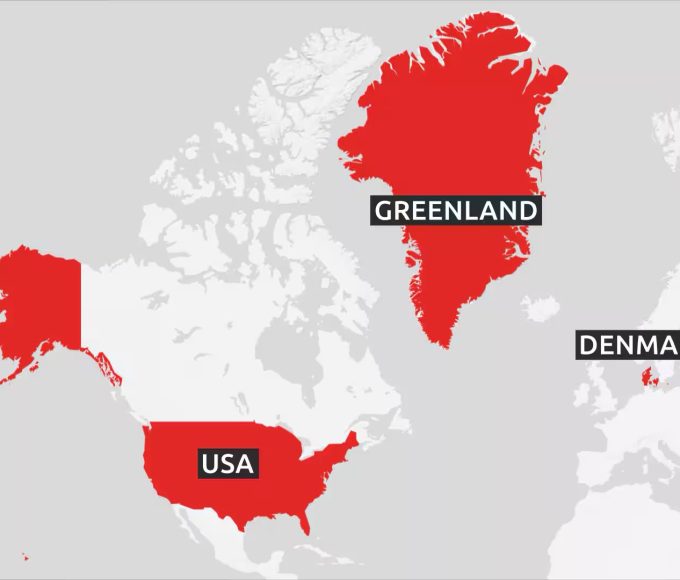
The Sahel is rising!
Hopefully Nigeria won’t be far behind.